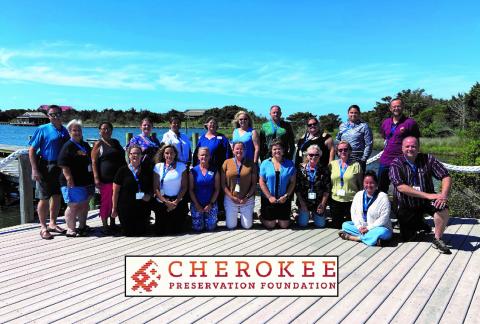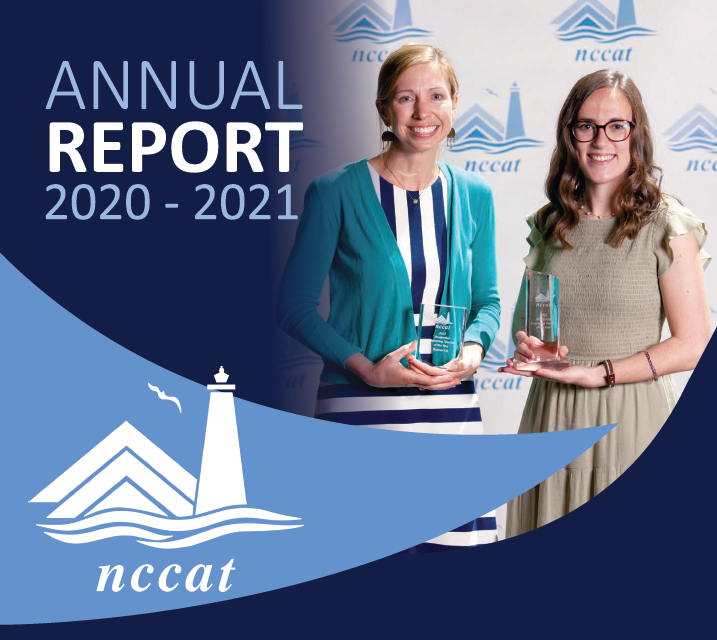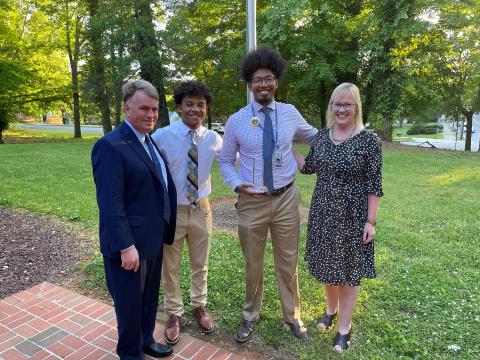Join us September 23 in Cullowhee for this program. Students in the 21st century classroom need multiple opportunities to interact with content and their peers in meaningful and impactful ways. By utilizing academic discourse strategies, educators become facilitators of the curriculum while students increase ownership of their own learning. This Focus Friday session will provide low-prep, easy to use strategies that educators can implement in any lesson to support positive student interactions.
16257 NCCAT Monthly Tech Talk: New Quizzes in Canvas - Virtual
This monthly tech talk will discuss the new quiz feature in Canvas. We will show example quizzes in Canvas and answer questions about creating a quiz for students. Join us for our online session to learn how to use this type of assessment in Canvas. This program will be from 3-4 p.m. For grades K-2.







